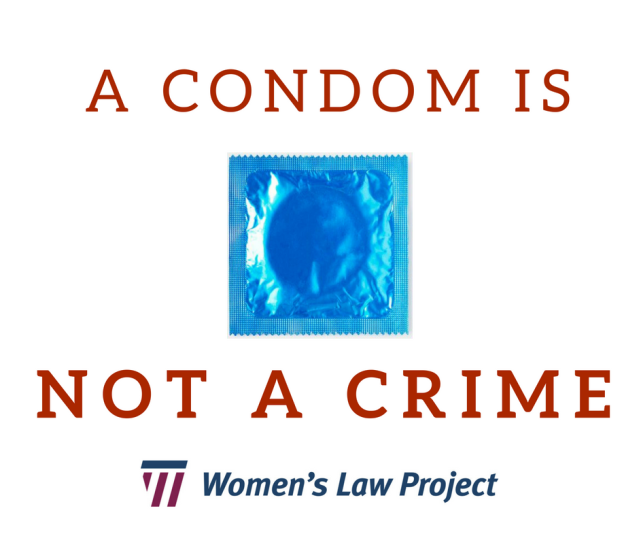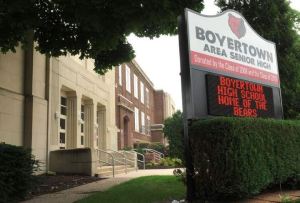On Tuesday, Pittsburgh City Council held a hearing on University of Pittsburgh Medical Center’s proposed $2 billion expansion plan. Approximately 160 people registered to speak, and even more community members attended.
The hearing was held to give community members an opportunity to express their concerns about UPMC’s expansion and the effect on people who live and work in the Hill District.
Topics discussed at the meeting included whether people living in the area where the new hospital will be built will be able to afford to use their services and ensuring racial equity in hiring practices.
You can read more details about the hearing in this PublicSourcePA report.
The Women’s Law Project spoke out by sending a letter to Pittsburgh City Council supporting a call for UPMC to enter a Community Benefits Agreement between UPMC and the surrounding community before approving expansion.
From our letter:
“UPMC’s plan to build a new specialty hospital in the Hill District of Pittsburgh gives City Council the opportunity to address the community’s concerns and ensure that the public interest factors into decisions about this massive development project. We request that Council reject the requested amendment to UPMC’s Institutional Master Plan unless UPMC agrees to enter a Community Benefits Agreement. Community Benefits Agreements can transform the community that hosts a major development in many ways. Benefits that have been negotiated as part of CBAs in other jurisdictions include:
- A living wage requirement for workers employed in the District;
- A “first source” hiring system, to target job opportunities in the development to residents of low-income neighborhoods;
- Investments in community health and access to healthcare;
- Space for a neighborhood-serving childcare center;
- Construction of affordable housing.
After four hours of hearings, Pittsburgh City Council concluded they would not support UPMC’s plan unless they enter into a Community Benefits Agreement.
“Today the people of Pittsburgh spoke with a unified voice: UPMC, our largest charity, employer and landowner, must address the needs of the community if it wants to keep building hospitals in this city,” Jennifer Rafanan Kennedy, executive director of Pittsburgh United, wrote in a statement. “A community benefits agreement is about nothing less than the people of this city demanding to be invisible no more.”
The Women’s Law Project is a public interest law center in Pennsylvania devoted to advancing the rights of women and girls.
Sign up for WLP’s Action Alerts here. Follow us on twitter and like us on Facebook.
We are a non-profit organization. Please consider supporting equal rights for women and girls by making a one-time donation or scheduling a monthly contribution.









